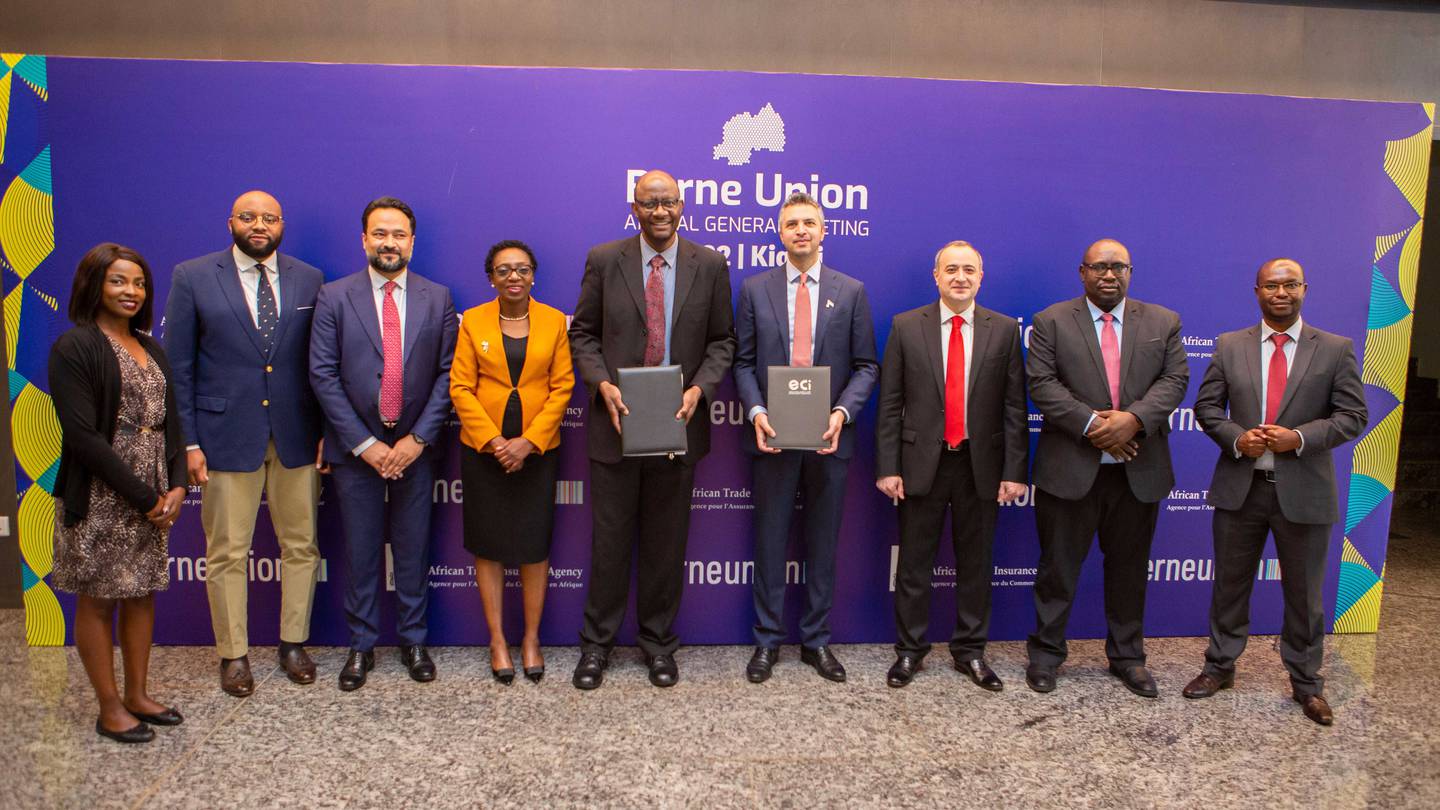Nigeria on Wednesday launched newly designed currency notes, a move that the West African nation’s central bank says will help curb inflation and money laundering.
The newly designed denominations of 200, 500 and 1,000 Naira are also aimed at driving financial inclusion and economic growth, according to the governor of the Central Bank of Nigeria, Godwin Emefiele.
Nigeria’s currency has not been redesigned in 19 years, and the new initiative is the latest introduced by policymakers in Africa’s biggest economy in their quest for a cashless and more inclusive economy.
The naira is “long overdue for a new look,” Nigerian President Muhammadu Buhari said at the launch. The new paper notes designed in Nigeria and featuring enhanced security “will help the central bank to design and implement better monetary policy objectives.”
More than 80% of the 3.2 trillion Naira ($7.2 billion) in circulation in Nigeria are outside the vaults of commercial banks and in private hands, Emefiele said. Regulators last month announced a Jan. 31 deadline for old notes to either be used or deposited at banks.
With inflation at a 17-year high of 21.09% that is driven by soaring food prices, Emefiele said the new notes “will bring the hoarded currencies back into the banking system” and help the central bank regain control of the money being used in the country.
“The currency redesign will also assist in the fight against corruption as the exercise will reign in the higher denomination used for corruption and the movement of such funds from the banking system could be tracked easily,” the Central Bank Chief said.


